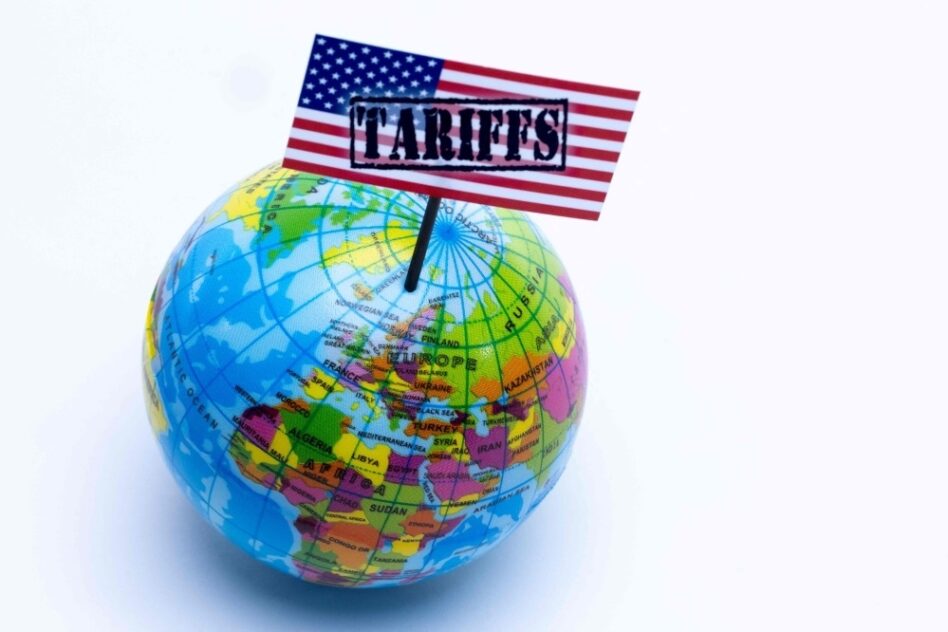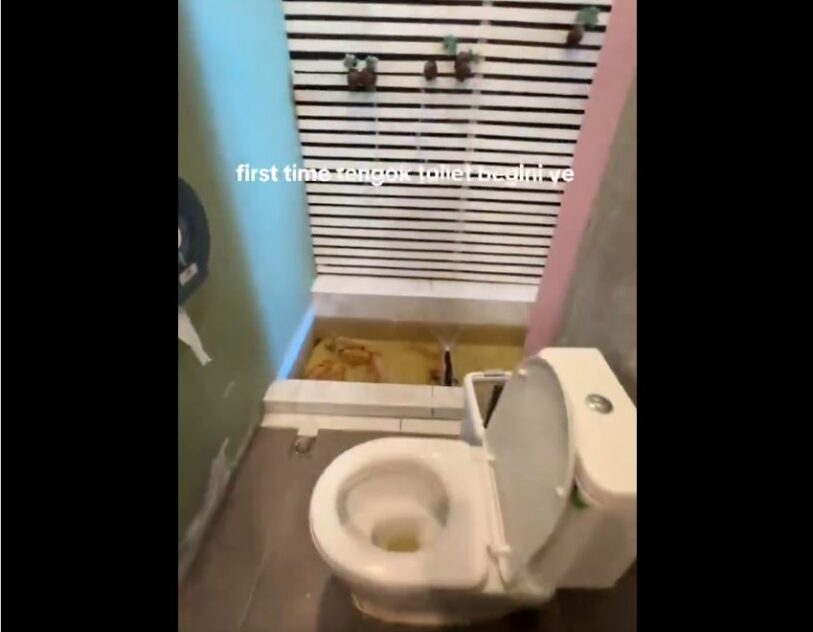By Devanesan Evanson
THE age-old adage that there is no smoke without fire brings to mind the relevance of the unusual market activity (UMA) queries that are often raised by Bursa Malaysia Securities Bhd on listing issuers whose stock prices that have scaled to dizzying heights without well-grounded reasons.
Although it does not necessitate stock trading suspension, UMA is itself a signal that the market regulator has put the stock under its watchful eye, hence most investors (or speculators) tend to stay away from that particular stock.
Even when the company in question chooses to furnish the standard line of “the Board is not aware of the cause of the unusual price and/or trading activity”, Bursa Malaysia will continue to monitor indefinitely its trading activity and corporate developments.
“Where the reply to the UMA query is found to be inaccurate or misleading subsequently, enforcement action may be taken against the listed issuer and the culpable directors for breach of the Main/ACE Market/LEAP Market Listing Requirements,” added the market regulator.
But in the event that the UMA query alone is unable to do the trick, Bursa Malaysia will not hesitate to issue a ‘trading advice’ to investors to exercise caution in their trading.
Such action was imposed recently on GETS Global Bhd whose share price has continued to rise sharply despite being slapped with two UMA queries on Oct 20 and Nov 12 respectively.
On both occasions, the company has in its responses confirmed that it was unaware of any corporate development or explanation that could give rise to the unusual trading activities in its shares.
“Bursa Malaysia Securities would like to advise investors to exercise caution and to make informed decisions in trading of GETS shares,” read the trading advice dated Nov 16. “Bursa Malaysia Securities will not hesitate to take appropriate regulatory action to ensure fair and orderly trading of GETS shares.”
On the following trading day, the loss-making bus operator saw it shares nosedive by as much as RM1.19 or 29.97% to RM2.78 before paring losses to close at RM3.11.
A day earlier, the company saw its share price skyrocket by 80 sen or 25.24% to close at RM3.97 after touching an all-time high of RM4.05. It closed at RM2.96 on 25 November.
To re-cap, GETS which hit an all-time low of 3.5 sen on March 19 commenced a steep uptrend on Aug 26 when it jumped 30 sen or 70.3% to 53.5 sen.
This was when the company was slapped with its first UMA to which it attributed the surge in its share price to the emergence of a new substantial shareholder in Teong Lian Aik who holds 31.87% equity interest in the company.
In contrast to the skyrocketing share price, ironically GETS’ financial performance is heading south with widening net loss of RM20 mil in financial year ended June 30, 2020 as compared to RM9.7 mil the year before. Revenue was lower at RM21.9 mil against RM32.9 mil in FY2019.
In general, whenever a company furnishes the standard response of “the Board is not aware of the cause of the unusual price and/or trading activity”, minority shareholders need to use common sense to weigh whether there is a basis to believe that the company’s board/management is unaware of the reason/s behind the sudden surge in its stock price and volume.
Again, as stated earlier, there is no smoke without a fire.
Often enough, if the daily trading volumes accounted for a big percentage of the outstanding shares of a listed company, the major shareholders are most likely to be aware of the reasons driving the heavy trading volumes.
Likewise, the company’s key management, too, should be fully aware of what its major shareholders are up to.
Beware of the low public spread conundrum
After being in hiatus for over five years due to low public shareholding spread, shares of Hong Leong Capital Bhd (HLCap) resumed trading on Nov 13, only for its loyal investors to be treated to a rude shock.
Part of the reasons for this rude shock is the current dire market conditions and the COVID-19 pandemic.
The share price which re-opened at RM9.15 tumbled to the limit down level of RM6.41 at one stage before closing at RM7.10, down RM2.05 or 22.4%.
The trading of HLCap shares was suspended with effect from March 26, 2015 as the company’s appeal for not meeting the public shareholding spread requirement of 25% was rejected by Bursa Malaysia.
Inability to meet the public shareholding spread requirement has been a perennial problem for HLCap since 2012. As of Dec 31, 2014, the company’s public spread stood at 18.67%.
The resumption of trading was made possible after HLCap’s majority shareholder, Hong Leong Financial Group Bhd (HLFG), completed a private placement of 27 million existing ordinary shares in HLCap on Nov 9 to increase the company’s public shareholding spread.
Following the completion of the said private placement, HLCap’s public shareholding spread was raised to 29.60%, thus meeting the requirements set out in Paragraph 8.02(1) of the Listing Requirements.
Following the disposal of the shares, HLFG’s stake in HLCap is reduced to 173.8 million shares or 70.396%.
HLCap was last traded at RM9.38 prior to its five-year suspension, thus giving it a market capitalisation of RM2.26 billion. In early November, the company had paid out a dividend of 23 sen per share.
As the HLCap experience has shown, minority shareholders must never disregard the public shareholding spread requirement as such disregard may lead to an indefinite suspension period (of their stocks).
Interestingly, Bursa Malaysia has issued a consultation paper on July 23 to seek public feedback on its proposed amendments to the Main Market and ACE Market Listing Requirements (LR) with regard to a lower public holding spread premised on companies’ market capitalisation.
This will pave the way for a review if a lower public spread – notably one that ranges between 15% and 25% – can be accepted for some large-listed issuers provided that such lower percentage is sufficient for a liquid market.
Based on the market regulator’s proposed objective criteria that is premised on market cap threshold, companies must have at least RM1 billion but less than RM3 billion market cap to be considered for a minimum acceptable lower public spread of 20%.
Bursa Malaysia may accept a minimum acceptable lower public spread of 15% for companies with a market cap of RM3 bil and more.
Additionally, the exchange said it will take into consideration other subjective criteria such as sufficiency of liquidity, the orderliness of trading of the securities, corporate governance conduct and compliance records of the listed issuer/applicant and its directors, as well as the justification necessitating the lower public spread. – Nov 30, 2020
Devanesan Evanson is the CEO of the Minority Shareholders Watch Group, an independent research organisation to encourage good governance among public listed companies with the objective of raising shareholder value over time. He can be reached at [email protected].









